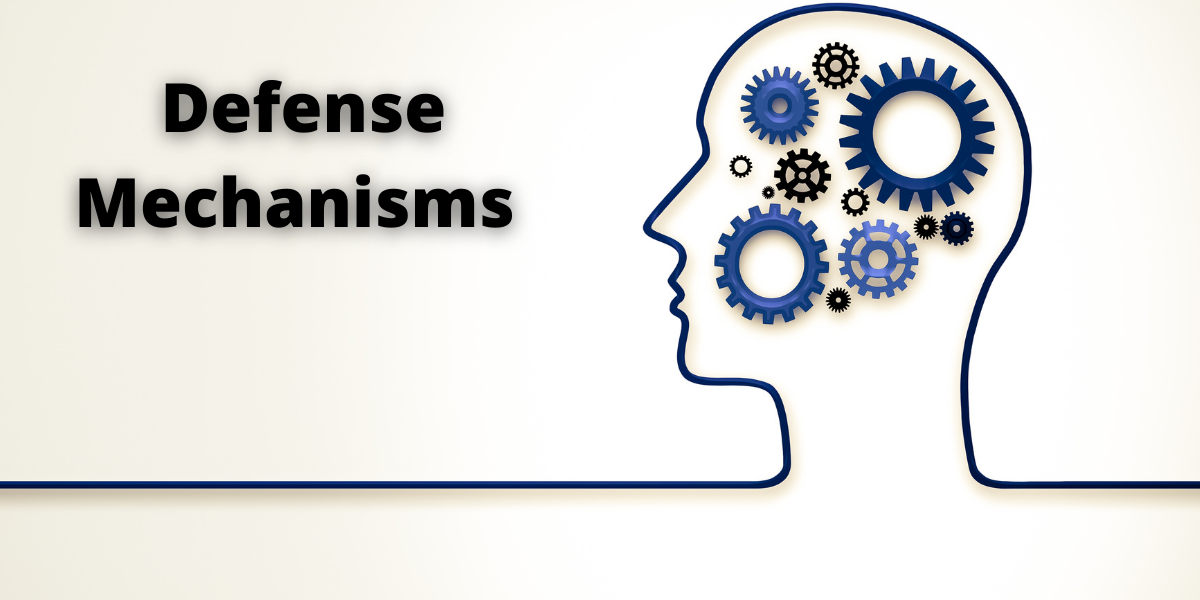According to psychoanalytic theory, a defence mechanism is any of a variety of thought patterns that enables the mind to come up with feasible compromises for problems that it is incapable of resolve. The compromise normally involves concealing from oneself internal desires or sentiments that pose a danger to one’s self-esteem or induce concern. The process is typically unconscious. The concept arose from the psychoanalytic theory that there are opposing groups in the mind that fight one another.
Repression is the process of forcing an undesirable concept, emotion, or desire into the unconscious aspect of the mind in order to eliminate it from conscious awareness. A case of hysterical amnesia is an instance of this condition, in which the subject has performed or witnessed a terrible act and has subsequently forgotten both the act and the circumstances surrounding it.
The fixation of a notion, an emotion, or a desire that is opposed to a frightened unconscious inclination is known as reaction formation. For instance, a mother who gives birth to an unwanted kid could respond to her feelings of guilt for not desiring the child by becoming extremely considerate and protective in an effort to reassure the child and herself that she is a good mother.
Unwanted sensations might be transferred onto someone else as a method of defence, where they then appear as a hazard from a distance. When someone feels threatened by his own anger and accuses another of possessing hostile thoughts, this represents a classic example of projection.
It is described as sublimation when instinctive desires, primarily sexual ones, are diverted or deflected into no instinctual pathways. Thus, according psychoanalytic thought, the energy used for the sexual desires can be diverted into the pursuit of more socially desirable and even respectable goals, such artistic or scientific achievements.
Psychoanalysts highlight that engaging in a defensive mechanism is a normal aspect of personality function and not a symptom of a psychological disorder in and of itself.
Your defence mechanisms are how you respond to circumstances that make you feel bad. Psychoanalytic theory states that when you experience a stressor, your subconscious will first examine the circumstance to determine whether it may be harmful to you.
Sometimes defence systems are seen as a form of self-deception. They may be used to mask emotional reactions that a person doesn’t want to deal with on their own. However, much of it is done unconsciously. But that doesn’t imply you can’t change or alter the behaviours. Unhealthy defensive systems can in fact be changed into more resilient ones.
People use Defence Mechanism may be because to justify bad conduct, avoid painful feelings, or utilise pain avoidance as a coping mechanism when you feel threatened.
Another typical protection strategy that you may have encountered at least once in your life is displacement. This protection strategy is venting your emotions or rage on those or things nearby. Additionally, you vent your anger on people who are unrelated to the initial cause of your annoyance.
Looking for TalktoAngel to speak with some of the best online mental health professionals. You can find the greatest “online psychologists” or online therapy regardless of your search criteria.

